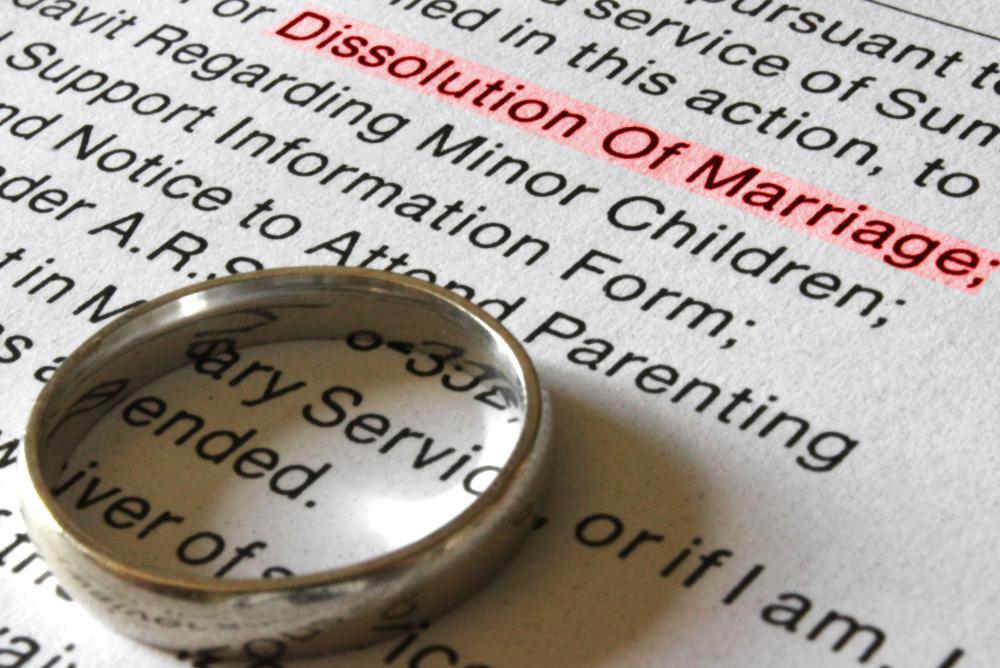At WiseGEEK, we're committed to delivering accurate, trustworthy information. Our expert-authored content is rigorously fact-checked and sourced from credible authorities. Discover how we uphold the highest standards in providing you with reliable knowledge.
What is a Show Cause Order?
A show cause order is a legal order issued by a judge, compelling a person to attend court to provide supporting materials to persuade the judge to grant or deny a motion. This order is issued when a judge wants more information before making a decision about an order or wants to give a party an opportunity to respond to a motion filed by another party. When presented with a show cause order, people should read through it carefully to understand what is being asked and consult an attorney to discuss the best response.
In a simple example, a judge could issue a show cause order in a divorce case, asking the other party in the divorce to provide evidence arguing against the dissolution of the marriage. That party could decide not to respond to the order, allowing the judge to grant the divorce, or a response could be filed to argue against it. Show cause orders are used in many different types of cases.

Either side can be given a show cause order. If the defense makes a motion in the case, the judge will file an order with the plaintiff's legal team, making the attorneys aware of the motion and providing them with a chance to argue against it. A defendant might argue for a temporary injunction, for example, and the plaintiff's side could demonstrate that the injunction would cause undue hardship, or is not really necessary in the case, and thus should not be granted. Conversely, if the plaintiff or prosecution files a motion, the defendant may receive an order to show cause.

When responding to an order to show cause, people can explain, justify, or argue something in the court. They must rely on established legal doctrine, unless the situation is unusual and a novel interpretation of the law is required. If the judge is asked to interpret law in a new way or to broaden the scope of the law, people need to provide very clear and convincing arguments to support their position, as this will set a precedent, and judges tend to avoid creating precedents unless the grounds for the decision are very solid.
In the course of a case, a variety of legal motions can be made and people on both sides of a case can be involved to varying degrees. Judges are responsible for weighing the motions, determining when to grant them, when to reject them, and when to file a show cause order to gather more information about a proposed motion.
AS FEATURED ON:
AS FEATURED ON:












Discuss this Article
Post your comments